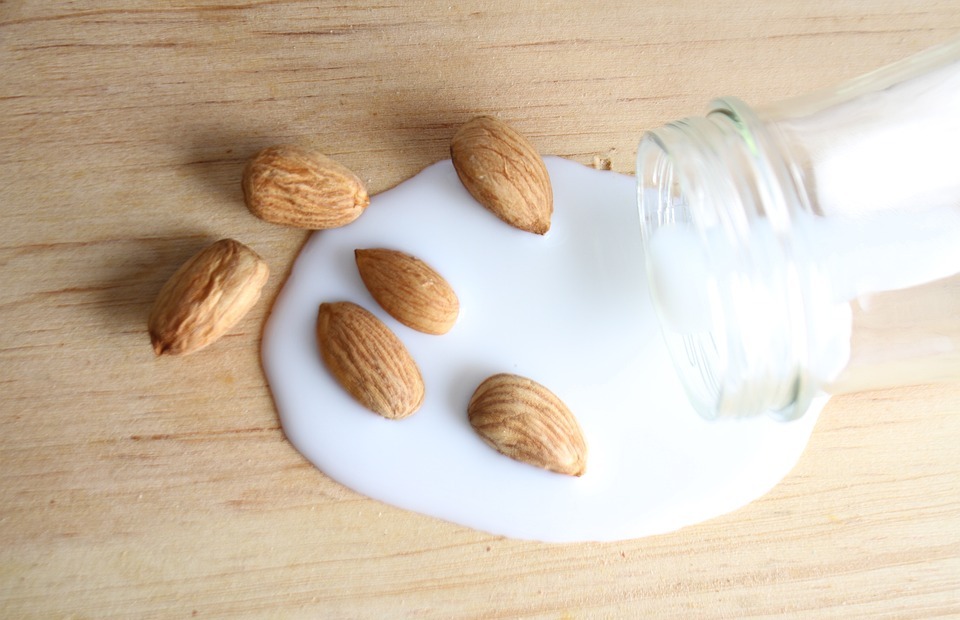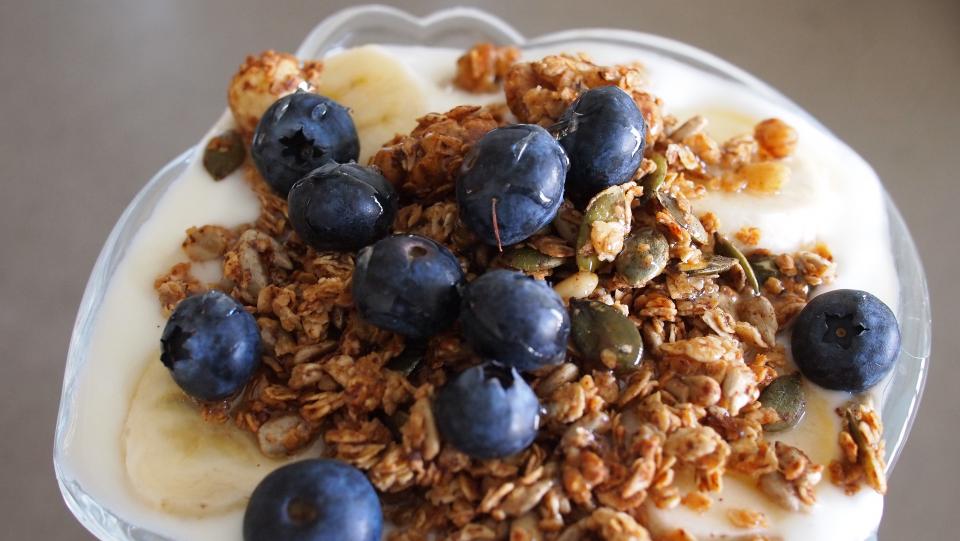This article explores the safety of almond milk for cats, examining its nutritional value, potential benefits and risks, and addressing common concerns. We will delve into the intricacies of feline digestion, explore the importance of essential nutrients for cats, and discuss the potential for allergies and lactose intolerance. Through a detailed analysis, we aim to provide a comprehensive understanding of the implications of offering almond milk to your feline companion.
Part 1: Understanding Almond Milk and Feline Nutrition

1.1: The Composition of Almond Milk
Almond milk, a popular plant-based beverage, is created by blending almonds with water and filtering the mixture. Its nutritional profile varies depending on the brand and processing methods, but generally it is low in calories and fat and contains some vitamins, including E and D. However, almond milk lacks essential nutrients crucial for feline health, such as:
Taurine: An amino acid vital for heart function, vision, and reproduction.
Arachidonic Acid: A fatty acid crucial for brain and skin health.
Vitamin A: Essential for vision, growth, and immune function.
1.2: The Importance of Essential Nutrients for Cats
Cats are obligate carnivores, meaning they require a diet primarily consisting of animal-based protein. Their bodies are designed to efficiently digest and utilize nutrients from meat sources.
Protein: Crucial for muscle growth, repair, and maintaining a healthy immune system.
Fat: Provides energy, aids in nutrient absorption, and supports skin and fur health.
Taurine, Arachidonic Acid, and Vitamin A: As mentioned earlier, these are vital for various physiological functions.
Part 2: Almond Milk vs. Cat Milk: A Nutritional Comparison

2.1: Cat Milk: A Complete Nutritional Source
Cat milk, specially formulated for kittens, provides a balanced blend of essential nutrients for their growth and development. It contains:
Protein: For muscle growth and development.
Fat: Provides energy and aids in nutrient absorption.
Lactose: A sugar easily digested by kittens.
Vitamins and Minerals: Crucial for overall health and development.
2.2: Almond Milk: A Nutritionally Incomplete Option
Almond milk lacks the essential nutrients found in cat milk. It does not provide adequate protein, fat, taurine, arachidonic acid, or vitamin A, all vital for healthy feline growth and development.
Part 3: Potential Benefits of Almond Milk for Cats
3.1: Hydration
Almond milk can offer some hydration, especially if your cat is experiencing dehydration. However, it should not replace fresh water, which should always be readily available.
3.2: Potential for Digestive Ease
Some cat owners report that almond milk may help soothe mild digestive upset. This may be due to its mild, non-dairy nature. However, there is no scientific evidence to support this claim, and it is important to note that individual cats may react differently.
Part 4: Potential Risks of Almond Milk for Cats
4.1: Nutritional Deficiencies: A Major Concern
Regular consumption of almond milk can lead to nutritional deficiencies, as it lacks essential nutrients. This can have serious health consequences, including:
Cardiomyopathy: Heart muscle disease caused by taurine deficiency.
Vision Problems: Vitamin A deficiency can affect sight.
Skin and Fur Issues: Arachidonic acid deficiency can lead to dry skin and hair loss.
Impaired Growth and Development: Lack of essential nutrients can hinder proper development in kittens.
4.2: Digestive Issues: Potential for Upset
While some cats may tolerate almond milk, others might experience digestive upset, including:
Diarrhoea: Due to the difficulty in digesting plant-based milk.
Vomiting: A response to the unfamiliar ingredients.
Gas: A symptom of digestive discomfort.
4.3: Allergies: A Potential for Reactions
Cats can be allergic to almonds, and consuming almond milk could trigger an allergic reaction, leading to:
Itching: A common symptom of allergies.
Hives: Red, itchy welts on the skin.
Swelling: In the face or paws.
Difficulty Breathing: A serious allergic reaction.
4.4: Lactose Intolerance: A Factor to Consider
Though almond milk is naturally lactose-free, it can still cause digestive issues in cats due to their lactose intolerance and the difficulty of digesting plant-based milk.
Part 5: Introducing Almond Milk to Your Cat: A Cautious Approach
If you are considering offering almond milk to your cat, extreme caution is paramount.
5.1: Choosing the Right Type of Almond Milk
Opt for plain, unsweetened almond milk without added flavours, sweeteners, or thickeners. Avoid almond milk products containing chocolate, nuts, or other ingredients potentially harmful to cats.
5.2: Starting Slowly and Monitoring Closely
Offer a tiny amount of almond milk and carefully observe your cat's reaction. Look for any signs of:
Digestive Upset: Diarrhoea, vomiting, or gas.
Allergic Reaction: Itching, hives, swelling, or difficulty breathing.
5.3: Discontinuing Immediately If Necessary
If your cat shows any adverse reaction, discontinue offering almond milk immediately and consult your veterinarian.
Part 6: FAQs: Addressing Common Concerns
6.1: Can kittens drink almond milk?
No, kittens should not drink almond milk. They require the essential nutrients found in cat milk, which almond milk lacks.
6.2: Is almond milk better than cow's milk for cats?
Neither almond milk nor cow's milk is suitable for cats. Both are difficult to digest and lack essential feline nutrients.
6.3: Can almond milk help with constipation in cats?
There is no evidence to suggest that almond milk can help with constipation in cats. If your cat is constipated, consult your veterinarian.
6.4: Can I add almond milk to my cat's wet food?
While adding a small amount of plain, unsweetened almond milk to your cat's wet food may not be harmful, it's best to stick to their normal diet, which provides all the necessary nutrients.
6.5: Is almond milk a good source of hydration for cats?
Almond milk can provide some hydration, but it is not a substitute for fresh water. Always ensure that your cat has access to clean, fresh water.
6.6: Can almond milk cause diarrhoea in cats?
Yes, almond milk can cause diarrhoea in cats, especially if they are lactose intolerant or sensitive to plant-based milk.
6.7: Should I give my cat almond milk if they are sick?
If your cat is sick, consult your veterinarian for advice on their diet. They will recommend the most appropriate food or fluids for their condition.
In conclusion, while almond milk might seem like a tempting alternative to cow's milk for cats, it is not a suitable replacement for their regular diet. The potential risks associated with almond milk, including nutritional deficiencies, digestive issues, and allergies, outweigh any potential benefits. It is essential to prioritize your cat's health and provide them with a balanced diet specifically tailored to their needs.
Everyone is watching

Are Cat Ribs Flexible? Understanding Their Anatomy
CATS & KITTENSThis article delves into the fascinating world of feline anatomy, exploring the flexibility of cat ribs and ho...

Can Cats Eat Bananas? (Everything You Need to Know)
CATS & KITTENSThis article dives into the intriguing question of whether cats can safely enjoy the sweet, yellow fruit, bana...

Cat Lifespan: How Long Do Cats Live?
CATS & KITTENSThis comprehensive guide explores the factors influencing the lifespan of our feline companions, providing ins...

Can Cats Get COVID-19? What You Need to Know
CATS & KITTENSThis article will delve into the fascinating world of feline COVID-19 susceptibility. We'll explore whether ca...

Can Cats Eat Eggs? A Complete Guide to Egg Safety for Your Feline Friend
CATS & KITTENSWhen it comes to treating our furry companions, we all want to ensure we're doing what's best for them. Eggs...
